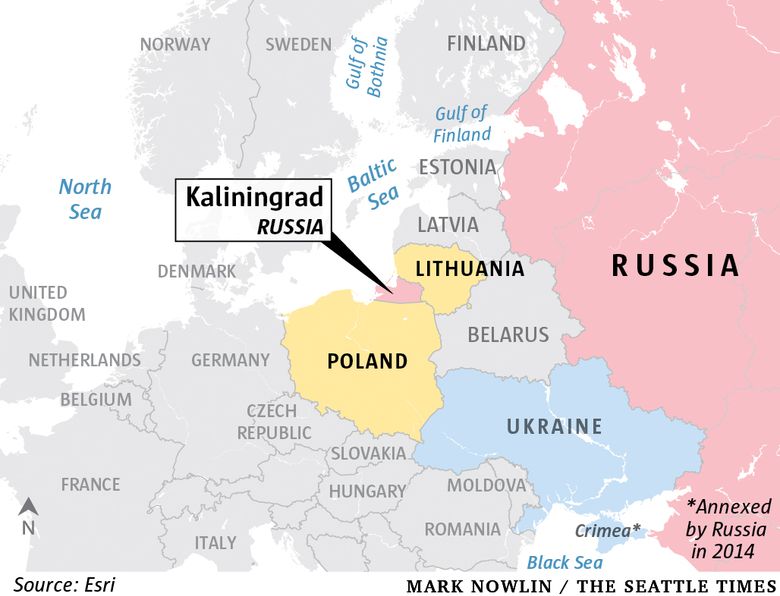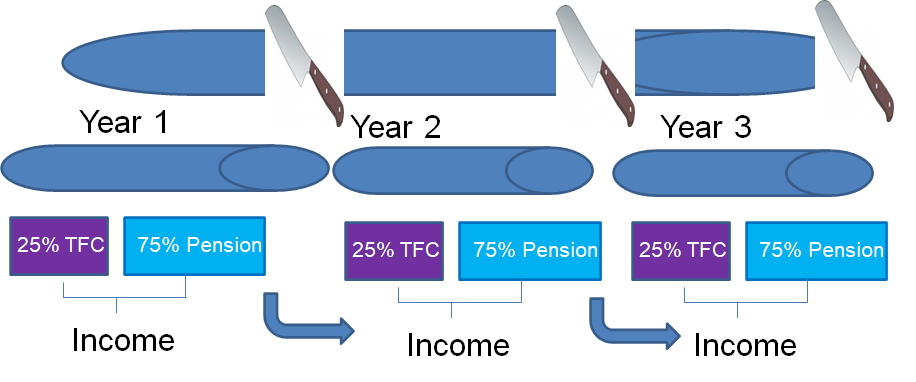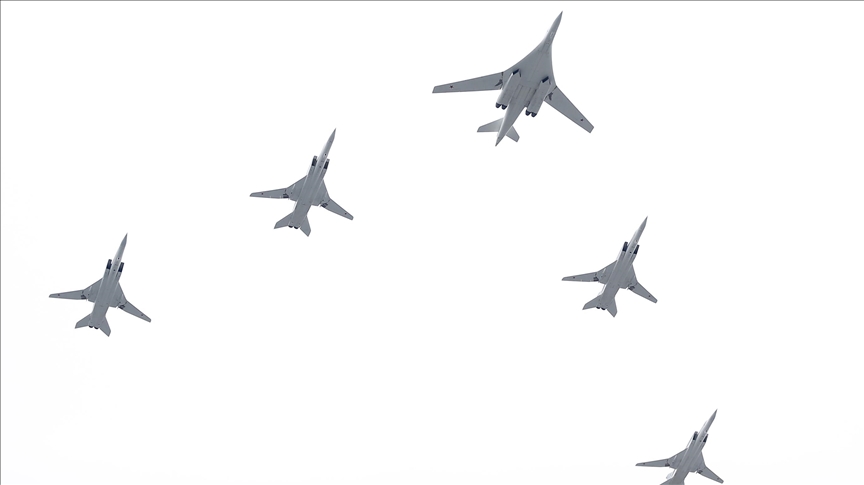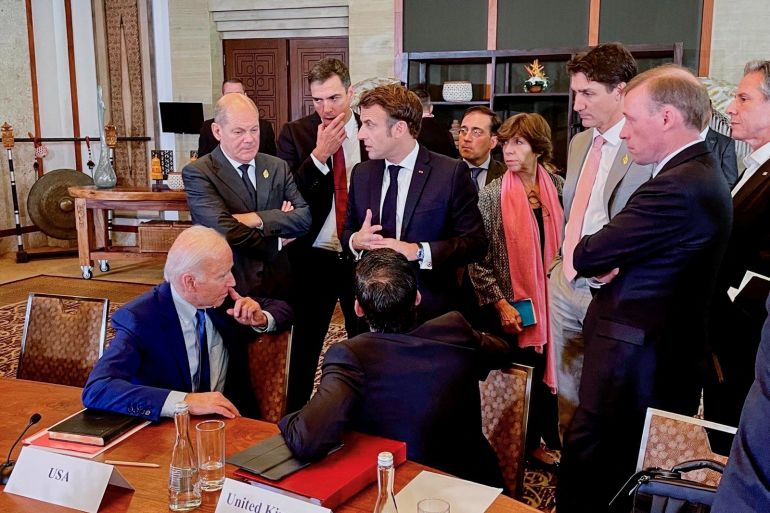The concept of salami slicing refers to a strategy where an individual or entity gradually acquires or achieves something by making a series of small, incremental moves, often going unnoticed or unchallenged by others. This tactic is often used in politics, business, and international relations to gain an advantage or achieve a goal without arousing significant opposition.
In the context of international relations, salami slicing can be used to describe a country's efforts to expand its influence or territory through a series of small, calculated steps. This approach allows the country to test the boundaries and reactions of other nations, avoiding a direct confrontation while still achieving its objectives.
Some key features of salami slicing include:
- Gradual and incremental actions, often designed to go unnoticed or be perceived as insignificant
- A series of small, calculated moves that collectively achieve a larger goal
- An effort to avoid direct confrontation or opposition by not making any single move that would be perceived as a major threat
Russia's actions in Poland can be seen as a manifestation of the salami slicing strategy. By making a series of small, incremental moves, Russia has been able to expand its influence in the region and test the boundaries of its relationships with Poland and other European nations. This approach has allowed Russia to achieve its goals while minimizing the risk of direct confrontation or opposition from other countries.
The relevance of salami slicing to Russia's actions in Poland lies in its ability to explain the country's gradual and calculated approach to expanding its influence in the region. By understanding the concept of salami slicing, it is possible to gain insight into Russia's motivations and tactics, as well as the potential implications of its actions for Poland and the broader European community.

Understanding Salami Slicing
The term salami slicing refers to a geopolitical strategy where a country or entity makes a series of small, incremental demands or actions that, on their own, seem insignificant, but collectively, they can lead to significant changes or gains. This concept is thought to have originated from the idea of slicing a salami into thin pieces, making it easier to consume, much like how salami slicing makes it easier to achieve a larger goal by breaking it down into smaller, more manageable parts.
The origin of the term is often attributed to the Hungarian communist leader Mátyás Rákosi, who used the phrase "salami tactics" to describe the process of dismantling the opposition by making small, incremental attacks. This strategy has been used by various countries and entities throughout history to achieve their goals without arousing suspicion or provoking a strong response from their opponents.
Salami slicing is used as a geopolitical strategy to achieve a range of goals, including expanding territory, gaining control over resources, or influencing the policies of other countries. This strategy can be employed in various ways, including:
- making small, incremental territorial claims or incursions
- imposing economic sanctions or trade restrictions
- using propaganda or disinformation to influence public opinion
- supporting proxy forces or militias to achieve strategic objectives
By using salami slicing, countries or entities can make gradual gains without sparking a major conflict or international backlash.
Historical examples of salami slicing include the annexation of Austria by Nazi Germany in 1938, where Hitler made a series of small demands, including the annexation of the Sudetenland, before eventually annexing the entire country. Another example is the Soviet Union's annexation of the Baltic States during World War II, where the Soviets made a series of small, incremental demands, including the establishment of military bases and the imposition of communist governments, before eventually annexing the countries outright.
In recent years, salami slicing has been used by countries such as China and Russia to expand their territories and influence. For example, China has used salami slicing to expand its claims in the South China Sea, making small, incremental assertions of its territorial claims, while Russia has used salami slicing to annex Crimea and support separatist movements in eastern Ukraine. These examples demonstrate the ongoing relevance of salami slicing as a geopolitical strategy, and the need for countries to be aware of this tactic in order to protect their interests and sovereignty.

Russia's Incursions into Poland
Recent incidents of Russian incursion into Polish territory have raised concerns about the security and stability of the region. These incidents have been reported along the border between Poland and Russia's Kaliningrad exclave, with Russian military personnel and equipment allegedly crossing into Polish territory. The Polish government has protested these incursions, calling them a violation of Poland's sovereignty and territorial integrity.
The motivations behind Russia's actions are complex and multifaceted. Some possible reasons for these incursions include:
- Testing the resolve and response of the Polish government and its NATO allies
- Exerting pressure on Poland to limit its cooperation with NATO and the European Union
- Demonstrating Russia's military capabilities and willingness to use force to achieve its objectives
These motivations are not mutually exclusive, and it is possible that Russia's actions are driven by a combination of these factors.
The implications of these incursions on Poland's sovereignty are significant. They undermine the trust and confidence that Poland has in its ability to protect its own territory and citizens. Furthermore, they create uncertainty and instability in the region, which can have far-reaching consequences for regional security and cooperation. The Polish government has responded to these incursions by increasing its military presence along the border and calling for greater support from its NATO allies.
The international community has also taken notice of these incursions, with NATO and the European Union issuing statements of support for Poland's sovereignty and territorial integrity. The United States has also expressed its commitment to defending Poland and other NATO allies in the face of Russian aggression. The situation remains volatile, and it is unclear how Russia's actions will evolve in the coming months and years.
The Polish government is taking steps to enhance its military capabilities and strengthen its alliances with other European countries. This includes increasing its defense spending, modernizing its military equipment, and participating in joint military exercises with other NATO member states. The goal of these efforts is to deter further Russian incursions and protect Poland's sovereignty and territorial integrity.
The situation is being closely monitored by the international community, and any further escalation could have serious consequences for regional security and stability. Diplomatic efforts are underway to resolve the situation peacefully, but the outcome remains uncertain. The Polish government and its allies are committed to defending Poland's sovereignty and territorial integrity, and they will continue to take all necessary measures to protect the country's security and stability.

International Response and Implications
The international community has a significant role to play in addressing global crises. International organizations such as NATO and the EU have been at the forefront of responding to various crises around the world. NATO, being a military alliance, has been involved in providing military assistance to affected countries, while the EU has been providing economic and humanitarian aid.
In terms of specific responses, international organizations have taken various measures to address the crisis. Some of the key measures include:
- Providing economic aid to affected countries
- Deploying troops to maintain peace and stability
- Imposing sanctions on countries that are perpetuating the crisis
- Providing humanitarian aid to affected populations
These measures have been taken to mitigate the effects of the crisis and to prevent further escalation.
The potential consequences of inaction or inadequate response can be severe. If the international community fails to respond adequately to a crisis, it can lead to further instability and humanitarian suffering. Some of the potential consequences include:
- Loss of human life and displacement of people
- Escalation of the crisis into a full-blown conflict
- Destruction of infrastructure and economy
- Long-term instability and insecurity in the region
It is therefore essential for the international community to respond promptly and effectively to crises.
Diplomacy plays a crucial role in resolving crises. Through diplomatic efforts, countries can engage in dialogue and negotiation to find a peaceful resolution to the crisis. Diplomacy can involve various measures, including:
- Dialogue and negotiation between affected countries
- Mediation by third-party countries or international organizations
- Confidence-building measures to reduce tensions
- Economic incentives to encourage cooperation
Effective diplomacy can help to prevent further escalation of the crisis and to find a lasting solution to the conflict.

Impact on Regional Stability
Russia's actions have significantly affected regional stability, leading to a complex geopolitical landscape. The country's involvement in various conflicts and its assertive foreign policy have raised concerns among neighboring nations and global powers. This has resulted in a delicate balance of power, where any miscalculation could have far-reaching consequences.
The potential for escalation and conflict is a major concern, as Russia's actions have already led to increased tensions with several countries. Some of the key factors contributing to this instability include:
- Disputes over territorial claims and borders
- Competition for resources and influence
- Support for opposing sides in regional conflicts
- Military build-up and modernization
These factors have created an environment in which a small incident could spark a larger conflict, drawing in multiple nations and causing significant instability.
Maintaining regional stability is crucial for several reasons. A stable region promotes economic growth, cooperation, and security, allowing countries to focus on development and improvement of living standards. Regional stability also helps to prevent the spread of extremism, terrorism, and other security threats, which can have global implications. Furthermore, stability encourages diplomatic efforts and dialogue, reducing the likelihood of conflict and promoting peaceful resolution of disputes.
The importance of regional stability cannot be overstated, as it has a direct impact on global security and the well-being of nations. The international community must work together to promote stability, encouraging nations to engage in diplomatic efforts and respecting the sovereignty and territorial integrity of all countries. By doing so, the risk of conflict and escalation can be reduced, creating a more peaceful and secure world.
Regional stability is also essential for addressing common challenges, such as environmental issues, pandemics, and economic crises, which require cooperation and collective action. When regions are stable, countries can focus on these shared challenges, developing strategies and solutions that benefit everyone. This cooperation can also foster a sense of community and shared responsibility, promoting a more stable and secure world.
:max_bytes(150000):strip_icc()/EasternEuropeMap-56a39f195f9b58b7d0d2ced2.jpg)
Frequently Asked Questions (FAQ)
What is the significance of salami slicing in modern geopolitics?
In the realm of modern geopolitics, a tactic known as salami slicing has gained significant attention. This approach involves making a series of small, incremental moves to achieve a larger strategic goal, rather than attempting to do so through a single, bold action. By doing so, aggressive nations can gradually expand their influence and territory without necessarily provoking a robust response from the international community.
The significance of salami slicing lies in its ability to exploit the reluctance of other nations to engage in conflict. By limiting each individual move to a relatively small scale, aggressive nations can avoid triggering the thresholds that would normally prompt a strong response from other countries. This allows them to make steady, if slow, progress towards their objectives, often with minimal opposition.
Some key characteristics of salami slicing include:
- Gradual, incremental actions that are designed to be individually insignificant, but collectively significant
- A focus on exploiting the reluctance of other nations to engage in conflict, particularly over small or seemingly insignificant issues
- The use of various forms of coercion, including diplomatic pressure, economic leverage, and limited military action
- A willingness to reverse or modify individual moves if they provoke too strong a response, in order to maintain the illusion of reasonableness and avoid triggering a broader conflict
The implications of salami slicing are far-reaching, and can have a profound impact on regional and global stability. As aggressive nations continue to employ this tactic, the international community is faced with the challenge of responding effectively to these gradual, incremental moves. This requires a high degree of vigilance, coordination, and strategic thinking, as well as a willingness to take decisive action when necessary to prevent the gradual erosion of national sovereignty and territorial integrity.
In response to the growing use of salami slicing, many nations are seeking to develop new strategies and approaches for countering this tactic. These may include the use of diplomatic and economic leverage, as well as the development of new forms of cooperation and collective defense. By working together and sharing information, nations can better identify and respond to the gradual, incremental moves that are characteristic of salami slicing, and help to maintain regional and global stability in the face of this emerging challenge.
How has Poland responded to Russia's incursions?
Poland's response to Russia's incursions has been multifaceted, focusing on enhancing its national security and seeking international cooperation. The country has taken significant steps to bolster its military presence along the border, ensuring it is well-equipped to handle potential threats. This includes modernizing its armed forces and increasing defense spending to improve its overall military capabilities.
In addition to strengthening its military, Poland has also sought support from international organizations. This approach is aimed at deterring potential aggression and ensuring the country's security is reinforced by collective defense commitments. Key international organizations Poland has turned to include:
- NATO, which has a collective defense commitment to its member states, providing a security guarantee in the event of an attack
- The EU, which offers political and economic support, as well as cooperation on defense and security matters
These alliances are crucial for Poland, providing a framework for cooperation on defense and security issues and ensuring that the country is not isolated in its response to Russia's actions.
Poland's efforts to enhance its security have also involved diplomatic engagements, aimed at raising awareness about the situation and garnering support from other countries. This includes engaging in dialogue with other European nations and participating in international forums to discuss security concerns. By taking a proactive and cooperative approach, Poland aims to ensure its security and stability in the face of potential threats.
What are the potential long-term consequences of Russia's salami slicing strategy?
The salami slicing strategy employed by Russia involves a series of small, incremental actions that, when taken individually, may seem insignificant, but collectively can have a profound impact on the geopolitical landscape. This approach has been used by Russia to gradually expand its influence and control over neighboring regions, often without provoking a significant response from the international community.
One of the primary concerns associated with this strategy is the potential erosion of trust in international institutions. As Russia continues to push the boundaries of acceptable behavior, other nations may begin to question the effectiveness of organizations such as the United Nations and the European Union in maintaining regional stability and upholding international law. This could lead to a decline in cooperation and a rise in tensions between nations, ultimately undermining the very foundations of the international system.
The destabilization of regional security is another potential long-term consequence of Russia's salami slicing strategy. By gradually expanding its influence and control over neighboring regions, Russia can create an environment of uncertainty and instability, making it more difficult for other nations to predict its actions and plan accordingly. This can lead to a range of negative outcomes, including:
- Increased military build-ups and arms races
- Heightened tensions between nations
- A rise in nationalist sentiment and anti-Russian rhetoric
- A decline in economic cooperation and trade
These outcomes can have far-reaching consequences, including the potential for conflict escalation and the destabilization of entire regions.
The potential for conflict escalation is a particularly concerning consequence of Russia's salami slicing strategy. As tensions rise and nations become increasingly wary of Russian intentions, the risk of miscalculation and unintended conflict grows. This could lead to a range of devastating outcomes, from limited skirmishes to full-scale war, with potentially catastrophic consequences for regional and global stability. Ultimately, the long-term consequences of Russia's salami slicing strategy will depend on the response of the international community and the ability of nations to work together to maintain regional stability and uphold international law.




:max_bytes(150000):strip_icc()/EasternEuropeMap-56a39f195f9b58b7d0d2ced2.jpg)

